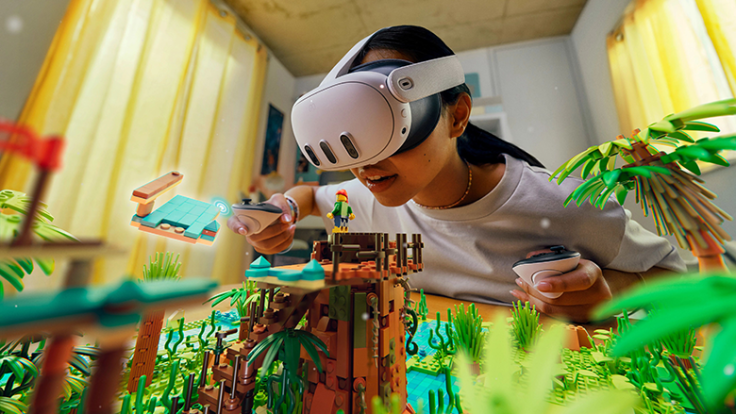The Federal Communications Commission (FCC) announced the 6 GHz band which will open a new window for the development of AR and VR devices in the future.

Read Also : Nomad Releases New Accessory for Hydro Flask
Tech Giants Thankful for FCC Ruling
Meta, the company that recently launched its smart glasses, finds the 6 GHz band a significant factor to further develop such a device. The company also stated that the move is the "shining example of a government regulator working with industry early to build for the future," as per Meta's VP of North America policy Kevin Martin.
Meanwhile, Google sees it as a win for Pixel users and American consumers as the band opens availability for high-speed peer-to-peer Wi-Fi communication. This type of communication would be helpful to get a Wi-Fi connection without an internet access point. Moreover, this could be useful for playing multiplayer games and using photo-sharing apps.
Likewise, Apple, which is known for its low-powered devices like AirTags and Vision Pro, takes the FCC decision as a "positive step forward."
Importance of 6 GHz Band for Next Generation Devices
The FCC announced that its decision will hopefully "spur an eco-system of cutting-edge applications, including wearable technologies and augmented and virtual reality, that will help businesses, enhance learning opportunities, advance healthcare opportunities, and bring new entertainment experiences."
The 6 GHz band also known as a new class of very low-power devices is an important factor in building the next-generation Wi-Fi operations. In 2020, the FCC started drafting the proposal for the opening of unlicensed use of the 6 GHz band.
With the new FCC ruling, the commission established rules that would allow very low-power devices to operate on short distances while providing very high connection speeds. These include AR and VR wearable devices and various Internet of Things devices.
Related Article : Meta Plans Cheaper Headsets, No Controllers









